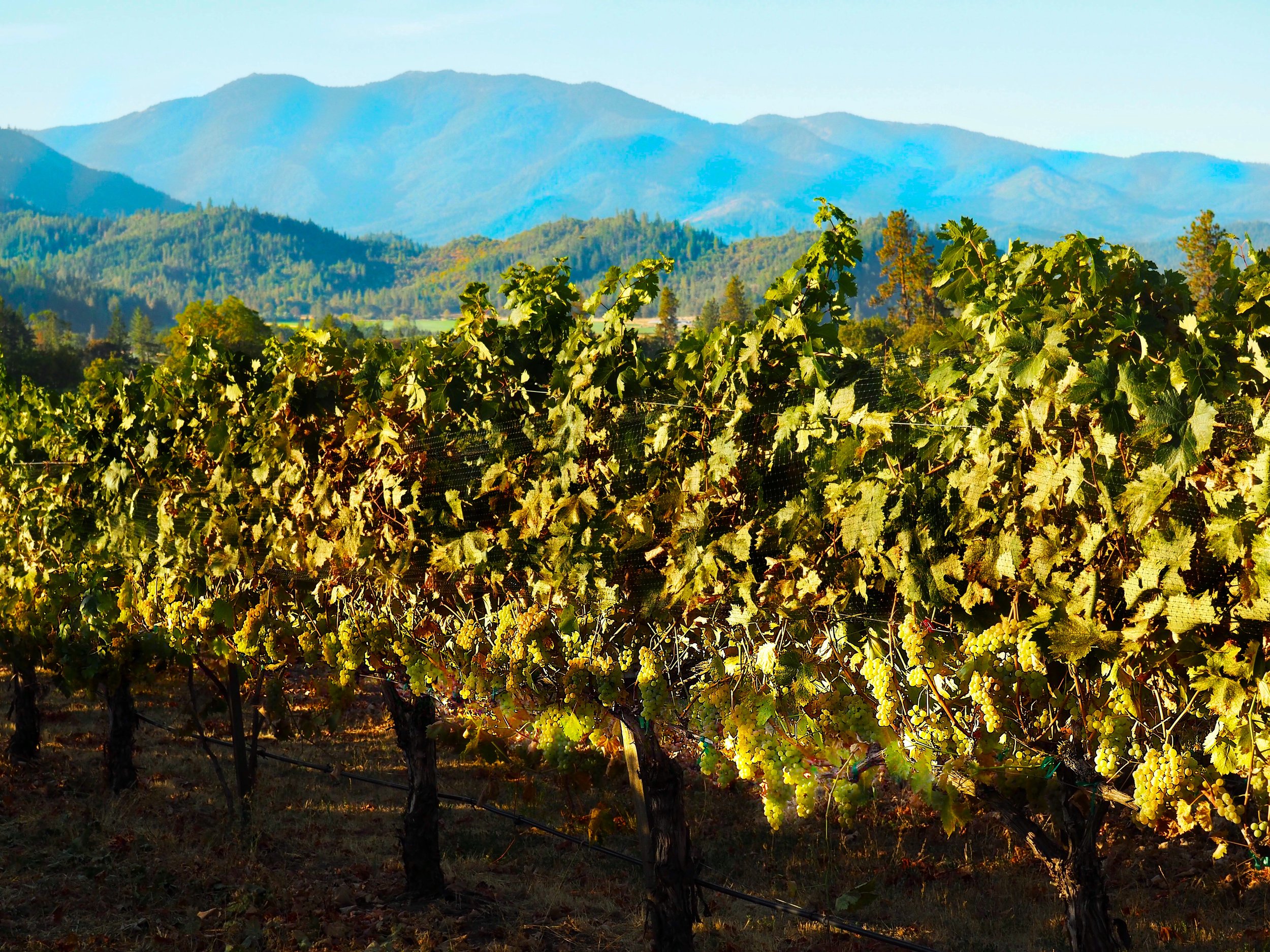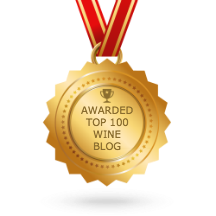A lone, elegant women stands on the stage facing over 3,000 people in a majestic old concert hall. From her rises a voice so pure and strong that each of the thousands listening can hear every note and word with no amplification. Here in front of us is the perfection that can only be achieved when great craft and skill combine with extraordinary passion to become something sublime - great art.
The singer was the sensational young soprano Lisette Oropesa performing the role of Susanna in Nozze di Figaro at the San Francisco Opera. Her performance was a study in complexity as she wove tone of voice with nuances of movements and facial expressions that brought layer after layer of experience to your senses. The ability to bring all of these things together are what makes something rise above a simple performance and transforms it into great art.
As with most experiences in life that move me, this extraordinary performance made me contemplate the process and meaning of winemaking. Experiencing such a complete, fulfilling and elevating experience is what I am seeking in a wine and it is the combination of those things that makes a wine great.
I am not seeking profundity in every song I hear or wine I drink. I think life is better with both the emotional impact of ”Deh! vieni non tardar” in Nozze de Figaro (which was stunningly performed by Lisette in San Francisco) and the pure fun of The Beatles “I Want to Hold Your Hand”. In their own way I enjoy them with equal pleasure.
These define the way I perceive making meaningful wines. You’re either reaching for the emotional intensity of ”Deh! vieni non tardar”or you’re making a wine that wants to hold your hand - and make you simply happy. As proven here by both Mozart and The Beatles, if you are truly successful at making something meaningful at either end of the spectrum your art will live on from generation to generation. By the way, it’s worth noting that Mozart penned more than a few “I Want to Hold Your Hand” pieces and The Beatles also achieved the heights of ”Deh! vieni non tardar”.
In Leap First, Seth Godin says, “ Meaningful work is changing something for the better.” Indeed this is the definition of making meaningful wines. A profound aria or a fun pop song can change something for the better. Something profound may change our lives, but something fun can change our day. The combination of the two makes us better people.
Great opera and great wine should be enjoyed with reckless abandon. Sensational pop music and delicious everyday wines should get their due respect. It’s the combination of these experiences that elevate our lives. Drinking only great wines or experiencing only profound art actually dulls our ability to experience their true greatness. The reverse is true with popular art, without experiencing profound art you don’t comprehend the unrestrained joy of simpler pleasures.
Perhaps the world would be a better place if those with the means to only experience the profound spent a little more time with everyday pleasures and that if those denied access to profound art due to economics could have that world opened to them. A ticket to a great opera or the cost of a great bottle of wine can easily run several hundred dollars. In a better world, everyone would get at least an occasional taste of both.
Wine offers an amazing range of experience, but one end without the other seems to me empty and boring. That experience does not include the “beverage alcohol” industrial wines produced by people with the same passion that Budweiser makes beer or industrial music produced by formula by people like Rihanna. There is a difference between art and industrial production that is not connected to price.
It is worth the effort to discover things produced with passion instead of a formula. These things are not always rare and more often than not, not expensive. It’s more than rewarding to take the little extra time required to seek them out. Putting the best art, the most creative things you can afford, into your life changes your experience of life. You may not be able to afford the opera, but you can listen to it free online. You might not be able to afford Grand Cru Burgundy, but, if you want, you can find wines made with similar passion at a fraction of the cost.
It takes great effort and dedication to make meaningful wines no matter the price they command in the market. To enjoy compelling wines and art instead of industrial plonk requires only a little effort, not more money, on the part of the consumer. It is more than worth this small effort.
Not everyone may appreciate the sublime beauty of Lisette Oropesa singing ”Deh! vieni non tardar” the way I did. She literally brought tears to my eyes. Yet, I believe that experience made me a more complete person. In the same way, falling in love with The Beatles I Want to Hold Your Hand in 1963 has done the same thing. Greatness can be found in the big and small, but with effort you can find it everywhere. There is no excuse to settle for mediocrity in today’s totally connected world. It is worth noting there is a lot of very expensive, mediocre formula wine produced. Price and popularity is not related to quality or pleasure.
To fully engage with life we must be mindfully open to big and small experiences. All we need to ask of them is that they add to our lives instead of dulling our experience of it. Industrial products dull us to life, artisan products open our minds to life. While price can often be an issue, in today’s world every day it is easier to find art, food and wine that can add to our quality of life without breaking our budget.
Experiencing Lisette Oropesa brought a moment of beauty into my life. What I love about wine is the small moments of beauty it brings into my life. For me, these things are something that is more than worthwhile - they’re meaningful.
Monty Python brilliantly showed us the absurdities of seeking The Meaning of Life, but the simple answer is in the search for beautiful moments, be they great or small.






















